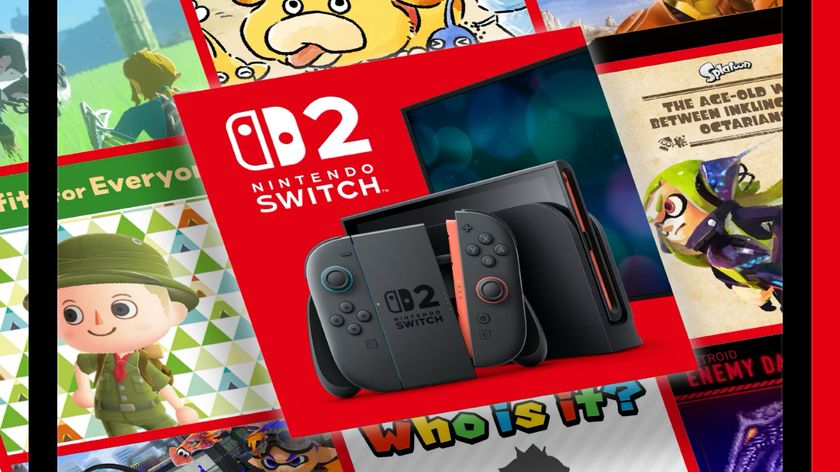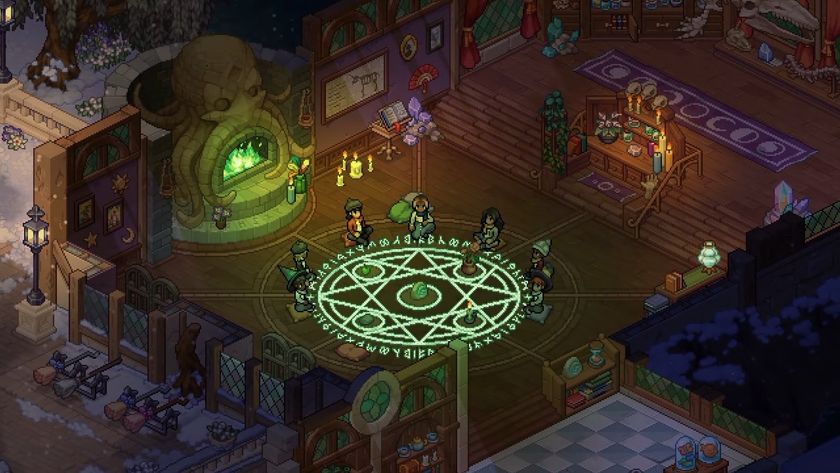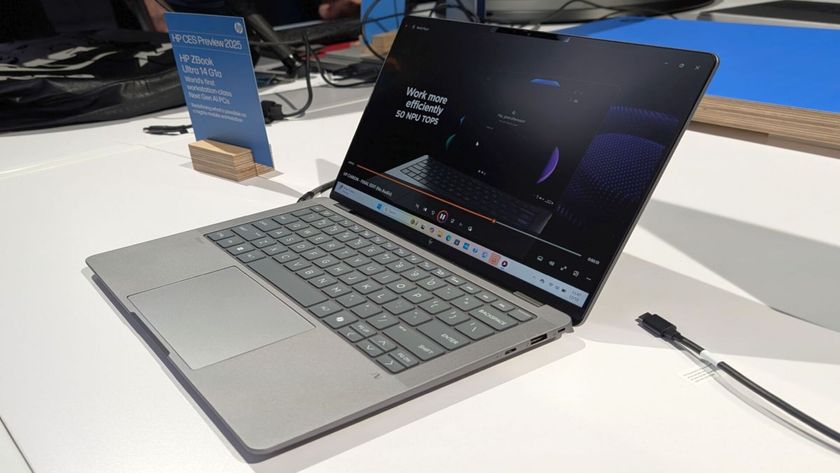Whatever happened to Second Life?
Why the hype didn't help - and where SL's headed now
As early as 2007, some of Second Life's most enthusiastic brands were beginning to lose interest: virtual stores sat empty, and marketers began to pull out. As the LA Times reported, "the schedule of events on Sun Microsystems Inc.'s site was blank, and the green landscape of Dell Island was deserted. Signs posted on the window of the empty American Apparel store said it had closed up shop."
According to the LA Times, some marketers felt misled. "On its website, Second Life says the number of total residents is more than 8 million. But that counts people who signed in once and never returned, as well as multiple avatars for individual residents. Even at peak times, only about 30,000 to 40,000 users are logged on."
Second Life wasn't the only firm to do that - all social networks do it to some degree - but you can see why marketers might have been disappointed.
Then again, taking a Field of Dreams "build it and they will come" approach wasn't particularly smart, either.
"Imagine you whacked a shop in the High Street and filled it with brochures, but never had any staff there," Nino says. "What you can't do without is people. All the most successful venues (that aren't actually stores) in Second Life are staffed, and usually 24/7. That - and not being too dreadfully crap - and having enough patience are the secrets to a successful Second Life presence. Not the only ones, of course, but they're the ones you can't do without."
Make it better
Rod Humble is CEO of Linden Lab. "This year, we've been focused on improving Second Life's usability, performance and customer support - all things that will help turn more newcomers into active users, while also improving core service for our long-term customers," he told us.
Get daily insight, inspiration and deals in your inbox
Sign up for breaking news, reviews, opinion, top tech deals, and more.
Even simple steps such as streamlining the signup process have helped, resulting in "a very large uptick in daily completed registrations. We now see about 16,000 new signups per day."
Making Second Life more welcoming is a key concern. "Second life is huge - roughly 2050 square kilometres - and it's full of things that users have created," he says. "At any given time there are live music performances, immersive role-playing games, unique works of art and 3D environments to explore... in the past, though, it wasn't easy to know what was happening, especially for new users."
Linden Lab has added dynamic content such as details of upcoming events, suggested places to visit and details of hotspots where other users are gathering.

INCREASING APPEAL: Linden Lab wants to make Second Life more welcoming, and its destination guide showcases interesting content such as live music and even fashion shows
Second Life is also developing links with other social networks. We've already mentioned its own social networking features, which enable you to contact others when you're not actually logged onto Second Life, but Linden Lab is also forging links with external social networks such as Facebook and Twitter.
However, as Humble describes it Second Life is almost an antidote to the social networking giants. "Second Life is different from most social experiences," he says. "Many customers do want to meet people and connect, but for many the ability to keep that identity separate from perhaps their other online identities is key. Many people use Second Life for a fun escape, or as a place to be expressive that is at odds with the stated desire of Facebook and Google to link you to a real name identity."
Humble continues: "This has allowed the forming of many specific groups where you can enjoy a hobby without concern that it would link back to your real life identity. For example, I am a rather rabid English soccer fan. In Second Life I can have a separate identity where I can rant away about the sport without concern that this will in any way be associated with my role as CEO of Linden Lab... we regard it as a high priority to offer that safe environment where people can create and delete identities at will."
Second lives
"Second Life is growing at an increasing rate, which is amazing for an eight-year-old place on the internet," Humble says. For Linden Lab, the future of Second Life is based on a better user experience across a wider range of devices. "It is now much more user-friendly than it was in the past, and in addition to continuing to improve usability, performance and support, we're adding new features that will make Second Life more interesting while helping it to grow," Humble says, noting that future plans could include apps for tablets and other mobile devices.
"If you haven't checked out Second Life recently, It's a much better experience than you might remember. It's easier to use, it's easier to connect with the people and content that fits your interests, and you can expect better performance and customer support as well."
Is that enough to make Second Life mainstream? "Mainstream doesn't mean 'most people use it'," Nino says. "It means 'most people don't think it's weird'. Barbie is pretty much girls in a narrow age band. But we don't think it's weird. iTunes? We thought that was weird. Now we don't. We stopped thinking digital music was weird, and that made it mainstream. They're virtual goods, no different from a house or a dress in Second Life, fundamentally. A bunch of ephemeral ones and zeros that we can make use of in limited ways through supported software and devices."
There's no doubt that iTunes is mainstream, and that Second Life currently isn't. "The difference is that - as a society - we approve of one and disapprove of the other," Nino says. "A few years ago society shunned both. We shunned the web, the internet, the telephone in their times. What are we going to think is normal next?"
---------------------------------------------------------------------------------------------------
Liked this? Then check out The evolution of virtual worlds
Sign up for TechRadar's free Week in Tech newsletter
Get the hottest tech stories of the week, plus the most popular reviews delivered straight to your inbox. Sign up at http://www.techradar.com/register
Writer, broadcaster, musician and kitchen gadget obsessive Carrie Marshall has been writing about tech since 1998, contributing sage advice and odd opinions to all kinds of magazines and websites as well as writing more than a dozen books. Her memoir, Carrie Kills A Man, is on sale now and her next book, about pop music, is out in 2025. She is the singer in Glaswegian rock band Unquiet Mind.

















